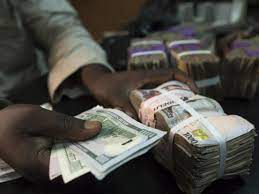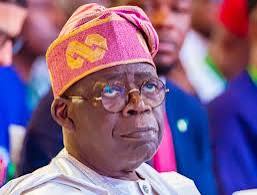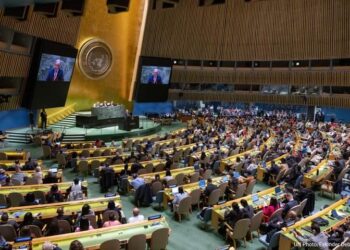Hope for cheaper goods has further dimmed as local businessmen now have to source foreign exchange (forex) from the parallel market to meet with their business transaction abroad, after the rejection of their Letter of Credits (LCs).
The implication is that resorting to the black market will naturally push up the cost of doing business which will naturally be passed on to consumers, thus further pushing up already high prices of goods.
Over two weeks after the Central Bank of Nigeria (CBN) promised to clear over $10 billion foreign exchange debts owed to the Deposit Money Bank, the apex bank has yet to do so according to findings.
Reports say foreign counterparts of Nigerian businessmen are now rejecting their Letter of Credit (LC), thereby refusing to make business transactions effective.
A letter of credit is a letter from a bank guaranteeing that a buyer’s payment to a seller will be received on time and for the correct amount. If the buyer is unable to make a payment on the purchase, the bank will be required to cover the full or remaining amount of the purchase. It may be offered as a facility (financial assistance that is essentially a loan).
But following the forex crisis that has bedeviled the country’s financial system; foreign suppliers are now demanding cash transfers in place of LCs as faith in the Nigerian banking system wanes due to dollar shortage.
It will be recalled that, the Central Bank of Nigeria (CBN) has been unable to reduce the backlog of forex owed airlines and other partners due to shortage of forex.
The Central Bank of Nigeria (CBN) sold what is called forward contracts to several Nigerian businesses with the promise of dollars at an agreed price in future. The banks opened LCs on the back of the forward contracts, which were then used to buy goods from the foreign suppliers.
Apparently scared by the growing backlog and with no assurance of when it will be cleared, correspondent banks are pulling the plugs on local Nigerian banks.




